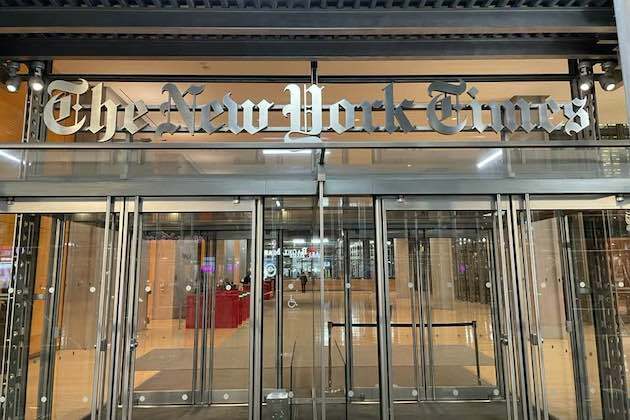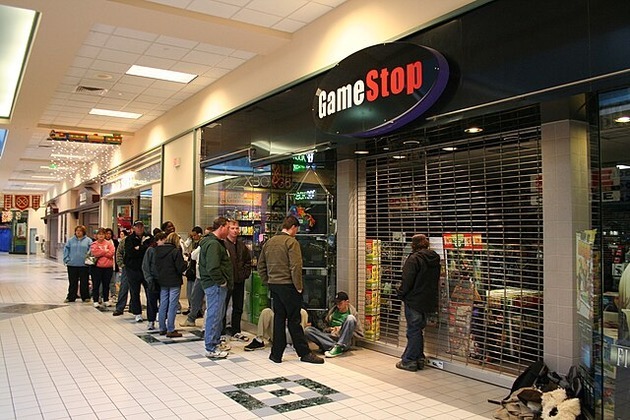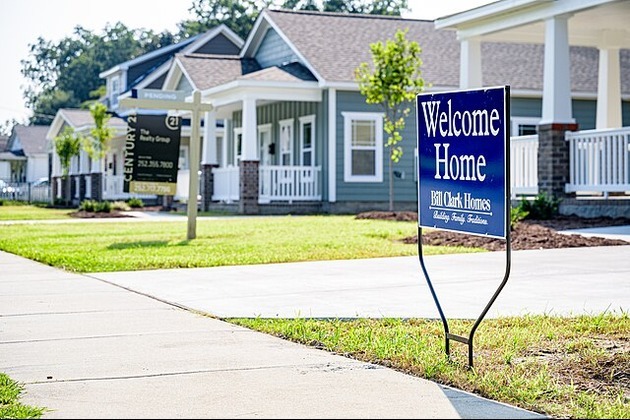With interest rates on the way down, could house prices boom? Here's what research suggests
The Conversation
01 Jun 2025, 20:25 GMT+10

With the Reserve Bank of Australia easing monetary policy, interest rates are on the way down.
Already this year, mortgage pre-approvals had begun to rise, suggesting many aspiring home buyers are excited by the prospect of cheaper home loans.
With further cuts expected before the end of the year, some economists are predicting we could be on the cusp of another house price boom. Lower interest rates enable people to borrow more and potentially spend more on homes, bidding up prices.
So, how might the Reserve Bank's actions affect home buying behaviour and the housing market more broadly? Research offers us some clues.
Research shows that when a central bank lowers its benchmark interest rate, mortgage interest rates usually follow suit.
We saw this following the Reserve Bank's May decision to cut rates. Australia's big four banks immediately announced similar reductions in rates for new and existing borrowers.
Lower rates reduce the cost of servicing a loan. This is a big deal for Australian home buyers, whose mortgages can be very large.
With the average house price in Australia now hitting about $1 million, an 80% loan saddles the typical home buyer with $800,000 in debt.
Back in March, the average interest rate on new mortgages was 6%. For the average million-dollar house, this implies a monthly repayment of around $4,796, using the standard formula for amortising loans.
After the Reserve Bank cut the cash rate by 0.25 percentage points, this implies a new monthly repayment of $4,669 - $127 less. That's a small, but surely welcome, relief for mortgage holders.
Combined with the Reserve Bank's prior rate cut in February, such borrowers are now saving more than $250 a month relative to the start of the year.
Lower rates can also improve the borrowing capacity of new home buyers.
Before a bank issues a new mortgage, it weighs the ability of a borrower to service the loan. It does this by considering the amount of income they'll have left over after meeting typical expenses.
This is known as a borrower's "net income surplus", and the proportion of this that is used to service a loan is known as the "net surplus ratio".
The maximum ratio is capped at 90%, but the typical mortgage is lent against a ratio of less than 70%.
If a household earns $100,000 per year and allocates 25% to expenses, it can afford $4,375 in monthly mortgage repayments at a 70% net surplus ratio.
Given the previous interest rate of 6%, this maximum monthly repayment implies the household can afford to borrow $680,000. But after a 0.25 percentage point rate cut, this household can now afford a $695,000 home loan.
And following the 0.50 percentage points of cuts we've seen since January, this household's borrowing capacity is up by $30,000.
For an individual home buyer, this extra borrowing may be enough to secure that dream home. But the rate cut affects everyone at the same time, increasing the borrowing capacity of home buyers all over the country.
All of this extra mortgage credit feeds housing demand, which is likely to pour more fuel into an already overheated market.
Indeed, recent research indicates that a 0.25 percentage point cut in the cash rate will likely lead to a 1.5-2% increase in average house prices over the following one to two years.
That's an extra $20,000 on the current $1 million average home value.
Research also suggests the impact of interest rates across local housing markets may be strongest where housing supply is tightest and houses are already more expensive.
While lower rates reduce the cost of a given mortgage, the average mortgage size needs to grow to keep up with higher prices.
Recall that the monthly payment associated with an 80% loan on a million-dollar home at 6% interest was $4,796. If the interest rate falls by 0.25 percentage points but house prices rise by 2%, the new monthly payment is little changed, at $4,762.
On top of this, the 20% down payment on that new home will now have increased - by $4,000.
Despite the initial excitement of lower rates, aspiring home buyers may be disappointed to see the price of their dream home climb further out of reach. Some may end up no better off than they had been previously.
Others might try to snap up a home before lower rates are completely priced in - motivated by a fear-of-missing-out (FOMO). Research suggests it can take a year or more before house prices peak following a rate change.
And others still may decide to keep renting for the time being. Fortunately for them, recent research shows that changes in interest rates do not materially affect the rents that landlords charge their tenants.
Finally, one option is holding savings in the stock market while they wait, perhaps diversified via exchange-traded funds, as these assets usually rise in value following an interest rate cut.
It's never a good idea to panic. It's always important to think through your options before diving into the market. And remember, our discussion here is only for general information and is not intended to be financial advice. All investments carry risk.
 Share
Share
 Tweet
Tweet
 Share
Share
 Flip
Flip
 Email
Email
Watch latest videos
Subscribe and Follow
Get a daily dose of Africa Leader news through our daily email, its complimentary and keeps you fully up to date with world and business news as well.
News RELEASES
Publish news of your business, community or sports group, personnel appointments, major event and more by submitting a news release to Africa Leader.
More InformationInternational
SectionWH Chief of Staff Susie Wiles targeted in identity scam, report says
WASHINGTON, D.C.: U.S. federal officials are looking into an attempt by someone who pretended to be White House Chief of Staff Susie...
Amazon to use New York Times content to train Alexa AI
SEATTLE, Washington: Amazon has struck a significant deal with The New York Times to license its journalism for use in AI tools like...
Lee Jae-myung leads South Korea election race after amazing comeback
SEOUL, South Korea: Lee Jae-myung, a liberal South Korean politician, is leading in the polls ahead of the June 3 snap presidential...
Mud and ice engulf evacuated Swiss village in Alps disaster
GENEVA, Switzerland: A massive glacier collapse in the Swiss Alps sent a torrent of ice, mud, and rock crashing into the evacuated...
Critics warn Erdogan’s plan may extend rule beyond 2028
ANKARA, Turkey: Turkish President Recep Tayyip Erdogan said this week that he has appointed a group of legal experts to begin drafting...
Chemical plant blast in eastern China kills 5, injures 19; 6 missing
BEIJING, China: Six people are still missing and rescue teams continued their search on May 28 after a powerful explosion at a chemical...
Business
SectionElf beauty buys Hailey Bieber's Rhode in $1 billion Deal
LOS ANGELES, California: Model Hailey Bieber's skincare and makeup brand, Rhode, is being bought by Elf Beauty for around US$1 billion....
Airbus delivery delays now stretch to 2028, airlines warned
PARIS, France: Aircraft delivery delays at Airbus are now expected to stretch into 2028, as the European planemaker continues to grapple...
GameStop makes $513 million bitcoin bet in digital asset shift
GRAPEVINE, Texas: GameStop has taken a significant step into the world of cryptocurrencies, revealing this week that it has purchased...
US housing outlook dims as buyers await lower rates, BofA finds
NEW YORK CITY, New York: Rising mortgage rates and economic uncertainty are leaving many Americans unsure about whether to buy a home—just...
Texas bill targets app store access for minors, awaits governor’s nod
SAN FRANCISCO, California: Texas is set to become the first major U.S. state to require Apple and Google to verify the age of users...
US optimism rises after tariff pause, survey shows
WASHINGTON, D.C.: After months of steady decline, U.S. consumer confidence saw a significant rebound in May—buoyed in part by a temporary...













